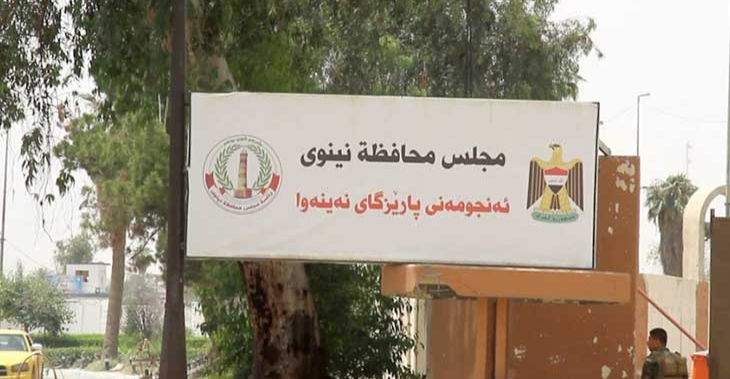An informed source in the Nineveh Council reported that the Supreme Administrative Court rejected the appeals submitted by the heads of 8 administrative units in the province, confirming that the session to dismiss them from their positions, which was held by the council, was “legal.”
The source confirmed The court issued its decision to ratify the appealed ruling, and considered that the appeals submitted were incorrect and not in accordance with the law, and therefore the appeal list submitted by the exempted persons was rejected.
It is noteworthy that these collective exemptions came from the Coordination Framework alliances led by the “Future Nineveh” in the Nineveh Council at the beginning of the provincial council assuming its duties, which sparked widespread controversy within the council, and its repercussions are still causing disagreements until now.
The exempted had filed appeals with the court, stressing that the procedures for their exemption were “illegal.”
On January 16, the Babylon bloc in the Nineveh Provincial Council threatened to question and dismiss Nineveh Governor Abdul Qader al-Dakhil if he did not approve the heads of the administrative units voted on by the Nineveh Council 4 months ago.
A member of the Nineveh Provincial Council had previously reported that there was a serious move to question Nineveh Governor Abdul Qader al-Dakhil in preparation for his dismissal, in a move driven by political differences following the delay in issuing administrative orders.
The Nineveh Provincial Council had previously boycotted the “United Nineveh” bloc and the Kurdistan Democratic Party for about 3 months, before they returned to the council in mid-September, against the backdrop of the council’s vote on the appointment and replacement of officials of administrative units.
Last July, Nineveh Provincial Council voted to make changes to the positions of heads of administrative units in the province.
According to sources, the vote was taken by the Future Nineveh Alliance (16 seats), which includes the Coordination Framework alliances, and was boycotted by the United Nineveh Alliance (9 seats) and the Kurdistan Democratic Party (4 seats).
The Kurdistan Democratic Party in the Nineveh Council considered what happened as “circumvention of the law and political consensus.”






